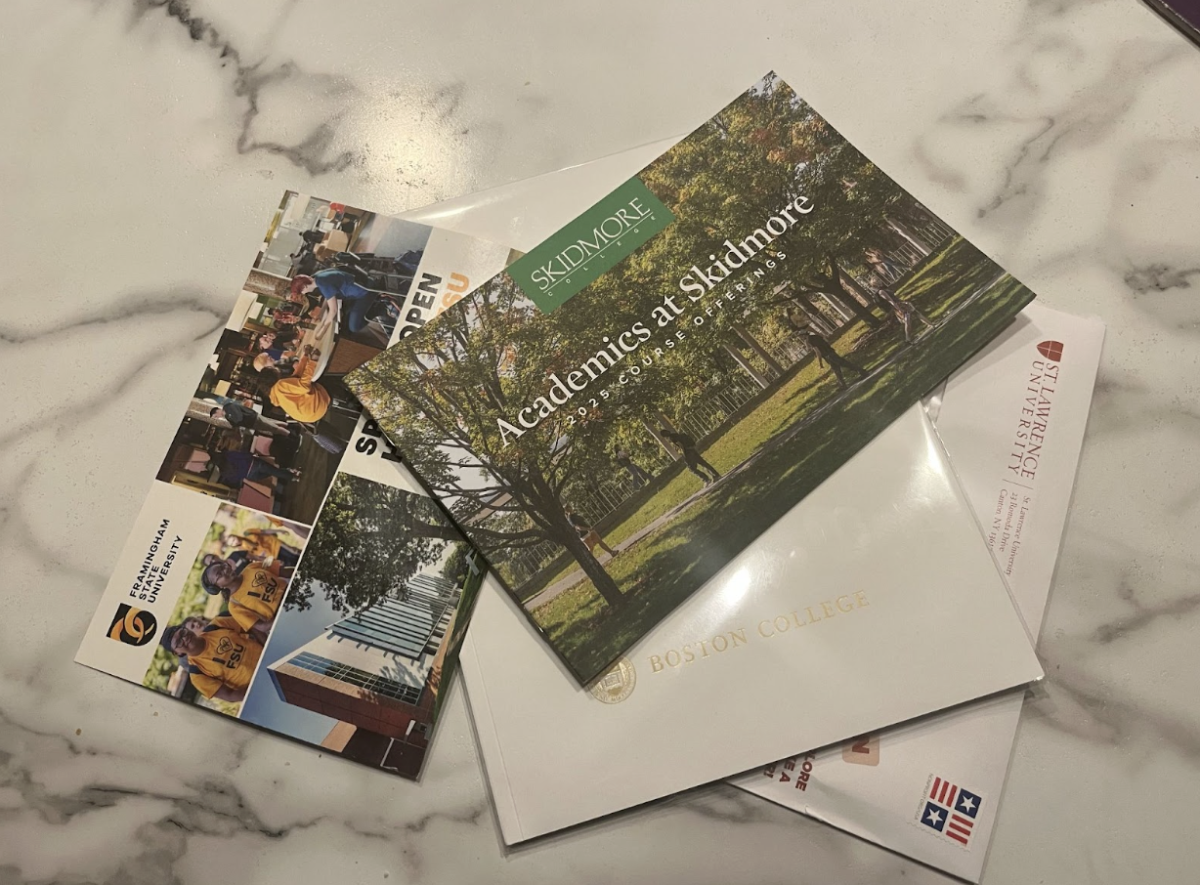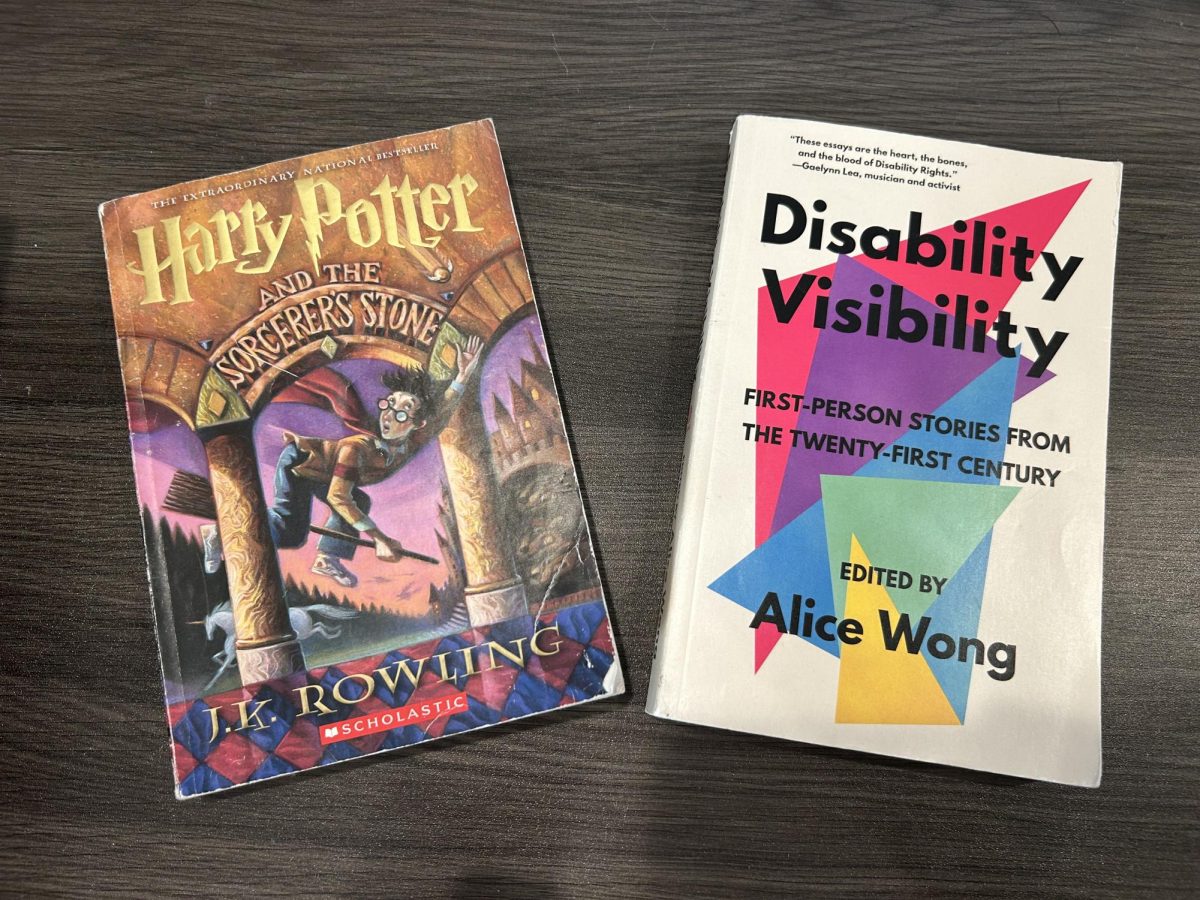As the school year begins, students familiarize themselves with the routine and rigor of the school schedule and the work that accompanies it. Re-immersing oneself into such an environment can be stressful, but it is crucial to start the year with beneficial habits to prevent falling behind in the fast paced cumulative curriculum of each class.
1. Efficient and Effective Note Taking
Note taking allows students to remain engaged in the subject matter, forcing them to process the information they write down and commit it to memory while also providing a helpful source to reference when studying for assessments including mid-year and final exams. Sophomore Izzie Donelly expressed, “Writing everything down is really helpful for me. The more I take notes and write it down, the more I understand the material.” Additionally, using vibrant colors can enhance the effectiveness of notes as the association of a topic, definition, or strategy with a color can result in improved memory of the subject. Similarly, including common misconceptions on problems, key strategies, and important details explained by the teacher in notes allow for deeper understanding of the information. It allows students to not just memorize the information, but to comprehend the process and be able to apply it throughout the course.
2. Time Management/Organization
Keeping an agenda helps many students manage their assignments and their time. Also, the dopamine released from crossing off a completed assignment on one’s agenda can motivate productivity for other assignments. Further, managing one’s assignments and learning to prioritize assignments based on their weighting and estimated time consumption can allow students to maximize their time, especially if they participate in sports, clubs, and other activities inside or outside of school.
3. Developing Positive Studying Habits
For many classes, quizzes and tests account for the majority of each student’s grade, making studying an impactful process. Therefore, learning how to study in a way which best suits one’s learning style and allows them to retain and understand material is crucial for every student. Some students find that flashcards, Quizlet, and repetition work for them while others like to actively write down all of the information they know about a topic, and then they go in and add the details they missed in a different color in order to fully grasp the material. The individual success of each studying method depends on the student and their preferences.
4. Staying After with Teachers
Asking questions in class and after school can play an important role in gaining a complete understanding of a concept. Junior Isabella Monti explained, “I think that staying after with your teachers is really helpful and important, especially in the first few weeks of school. Asking questions is great, and the teachers notice your efforts.”
5. Healthy Sleep Schedule
Committing to and being consistent with a healthy sleep schedule enhances all of these back-to-school strategies, as having slept sufficiently will allow a student to be more engaged in lessons and take better notes, study better, and remain organized. Not to mention, a healthy and regulated sleep schedule can increase one’s mood immensely as a lack of sleep can provoke high stress, severe anxiety, and depression. Sometimes, one more hour of sleep the night before an important test is more beneficial than one more hour of studying because adequate sleep results in an aware and more conscious mind along with a clearer memory of the materials studied.































